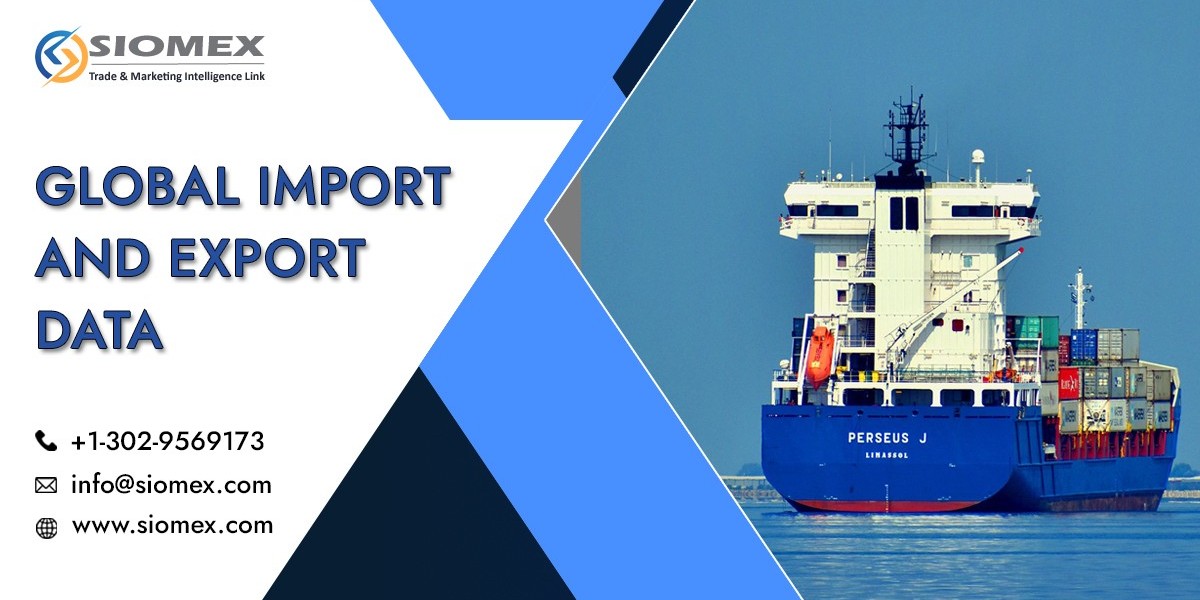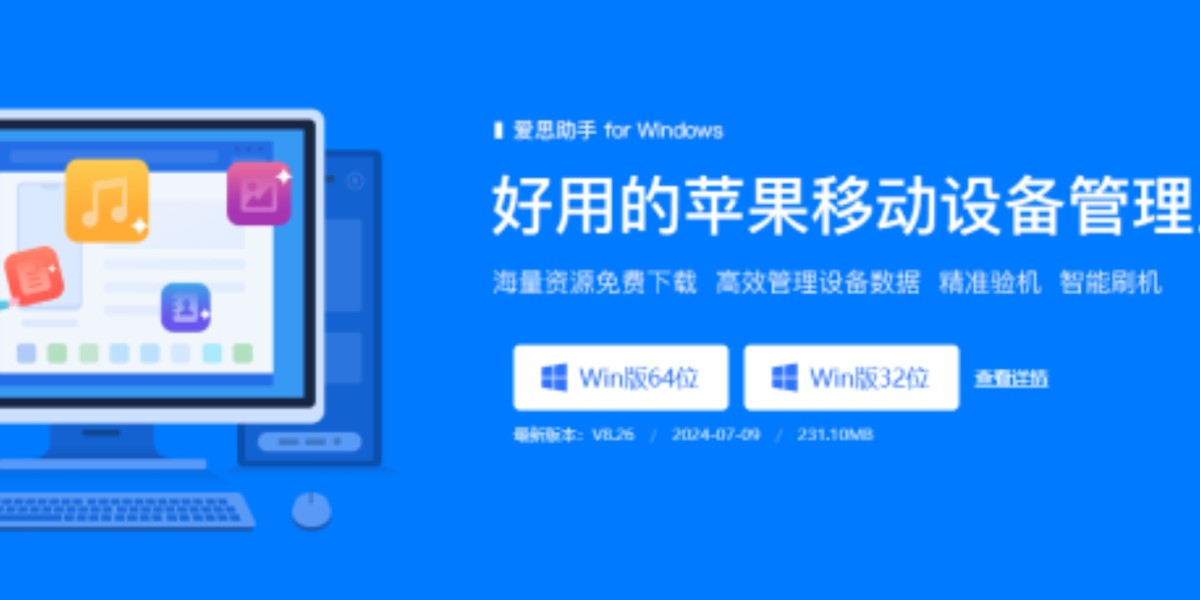The world is transforming rapidly, as is the manner in which business is conducted. Import and export, which was once based on ships, documents, and delay, is now operating at the speed of clicks. Technology, shifting consumer behavior, and global events such as pandemics or wars are transforming the global trade system. The question that looms large is – what's the future of the import-export business?
Whether you're a small trader trying to find a buyer in another country, or a company exploring new markets, understanding the future of global trade can help you stay ahead. In this blog, we’ll explore how this business is evolving, what opportunities lie ahead, and how you can prepare for what’s coming next.
Global Trade is Getting Smarter
One thing is certain: the future of import and export will be intelligent. Just as we use Google Maps to steer around traffic, now merchants utilize tools to monitor shipments, examine prices, and determine the best time to sell. Rather than relying on phone calls or emails, individuals use real-time information.
For instance, let's say you're shipping rice out of India. You relied on local agents in the past. Now, with software like Siomex, you can see which country is buying most of its rice, who those buyers are, and how much they are paying for it. You can see which ports are most congested, and when demand is at its peak.
This equals less risk, wiser planning, and greater profits.
Digital Platforms Will Be the New Trade Streets
Previously, large trade gatherings or fairs used to be where buyers and sellers met. But now, those are being replaced by online websites. Just as we use Amazon or Flipkart to purchase items at home, businesses now use websites and apps to acquire new customers worldwide.
You don't have to take a flight to Europe or Africa anymore to close a deal. At the touch of a button, you can find buyers in Kenya or Germany living in your home.
Think of a Jaipur small business owner selling hand-woven rugs. A decade ago, she had to rely on middlemen. Now, with the right website, she can deliver directly to households in London or Dubai
Green Trade is the Next Big Thing
The world is going green. People are concerned about what they purchase and how it is produced. That translates into businesses that are concerned about the environment will receive more focus.
In the not-too-distant future, nations may even impose a tax on products that destroy nature or offer incentives to products that are friendly to nature. So if you are shipping plastic items, you may be in trouble. But if you turn to bamboo or recycled content, you may have more customers and may even receive government subsidies.
Also, customers are now inquiring, "How was it produced? Is it safe? Is it clean?" So, those who use clean, green practices will succeed over time.
Trade Rules Will Continue to Evolve
Governments continuously change rules. A country might allow importing cotton one day; importation of cotton might be restricted the next. Or a surprise war or natural disaster might close down a port or increase prices.
So, future import-export players must remain vigilant. Reading international news, being current on developments, and utilizing trade data services such as Siomex will become the norm.
It's similar to driving an automobile. You require both a map and good eyes on the road. Likewise, you require trade knowledge and monitoring of world developments.
Payments Will Become Easier and Secure
A major concern in international trade is: Will I get paid?
All thanks to new internet-based systems, payments will be safer and quicker. One day, we may have global electronic wallets or industry-specific coins where money will change hands between buyers and sellers with less paperwork and fewer delays.
For instance, a Vietnam trader can sell coffee beans to Canada and receive payment in hours with an electronic trade wallet. That minimizes worry and trust.
Small Traders Will Have a Bigger Role
This is the best news. Previously, only large companies could afford to trade worldwide. But now thanks to technology and platforms like Siomex, even small firms are able to find global buyers.
A small Surat factory can now export fabric to Italy. A spice farmer in Kerala can export directly to Singapore. All that is required is the proper data, proper packaging, and some digital learning.
As technology becomes cheaper, language gaps narrow down, and logistics become easier, small merchants will excel in the global market.
Challenges Will Remain
The world is not ideal. Certain challenges will remain:
● Delays in shipment owing to strikes or adverse weather.
● Politics between nations.
● Cyber attacks such as fraud or data breaches.
● Global price competition from cheap countries.
But those who are adaptable, employ clever tools, and remain truthful will always manage to find a way.
What Are Some Things You Can Do to Prepare for the Future?
Here's a straightforward plan:
● Learn daily Stay current on trade news.
● Use facts Sites such as Siomex provide live trade updates.
● Be digital Establish your presence on e-markets.
● Think globally, act locally – Know what foreign buyers demand, but perform with local stamina.
● Be adaptable Prepared to change suppliers, products, or markets whenever necessary.
● Quality focus Better to sell something trusted than merely cheap.
Conclusion
The future for import-export commerce is full of promise. It's more integrated, more electronic, and more open than ever before. Technology is bringing a level playing field where small companies have an opportunity to shine.
But like any journey, it requires preparation. With the right strategy, tools, and mindset, you can survive – and thrive in this constantly changing global trade universe.
Whether you're ready to pursue your trade ambitions, begin by learning, adapting, and utilizing platforms that ease your journey. The world is yours. The future awaits.
FAQs: Future of Import Export Business
Q1. Is the import-export business still profitable?
Yes, with the proper product, target market, and resources such as trade data, it can be highly profitable—small businesses included.
Q2. What are the key trends in international trade?
Digital platforms, green products, use of real-time data, and instant payments are key trends defining the future of import-export.
Q3. How to begin exporting for a small business?
Begin by conducting demand research, registering your company, seeking buyers on trade platforms, and utilizing export data sources such as Siomex to find the needs of the market.
Q4. What are some possible challenges in the future?
Rules shifting, exchange risks, logistics complications, and world uncertainties are normal, but by proper planning, they can be contained.
Q5. Why is data important for the future of trade?
Information tells you who is purchasing, how much they're paying, when to sell, and where to grow. It lessens risk and boosts profit.
Q6. Will digital payments do away with old-fashioned trade banking?
Yes, gradually. Though the old systems are still around, digital payment systems are getting safer, faster, and more reputable everywhere.
Q7. What does Siomex do in international trade?
Siomex offers import-export information, buyer information, and market trends to guide you in making intelligent decisions and identify the correct opportunities.
Q8. Do I need a website to export?
Yes, it's highly advisable. Having a simple website or social media presence makes buyers confident in your brand and easily approachable.
Q9. Are eco-friendly products really in demand?
Yes. Global buyers are searching for sustainable, clean, and nature-friendly products more than ever before.
Q10. Is language an impediment to international trade?
Less and less each day. Technology such as automatic translators and picture catalogs bridge language divides effortlessly.







